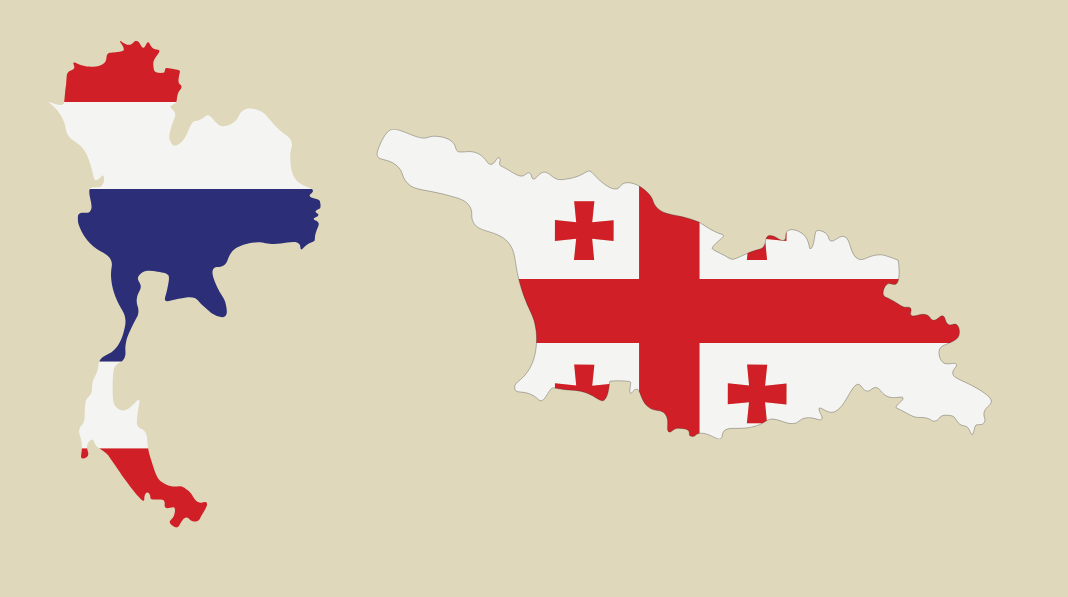Trapped in the Surrogacy Boom: Thai Women Rescued from Human Egg Farms in Georgia
By Blene Woldeselasse,
Humans Rights Research Center
| 02. 18. 2025
HRRC condemns human trafficking and illegal trafficking in all forms. The recent rescue of three Thai women in Georgia from human egg trafficking highlights the urgent need for greater national and international security cooperation, legal protections for victims, and psycho-social services support for survivors of human trafficking.
Three Thai women have been rescued from a human egg trafficking operation in Georgia, run by a Chinese human trafficking syndicate. One of the victims, speaking anonymously at a press conference, revealed how she was deceived by an online job advertisement promising lucrative surrogacy work. The offer included a monthly salary of 25,000 Thai baht ($742.94 U.S.) and an all-expenses-paid trip to Georgia to help childless couples.
However, upon arrival, the women’s passports were confiscated, and they were told they were in the country illegally and would face arrest if they tried to leave. They were confined to group homes with several other Thai women and injected with hormones to stimulate egg production. Their harvested eggs were then allegedly sold and trafficked for in-vitro fertilization (IVF) purposes.
The operation was exposed when one of the victims managed to secure her release by paying a ransom of 70,000 baht ($2,053 U.S.). Upon returning to Thailand, she alerted The Pavena Hongsakul Foundation for Children and Women, a local NGO, which then informed Thai authorities. A coordinated rescue effort involving Interpol...
Related Articles
By Anna Louie Sussman, The New York Times | 04.08.2025
Before fertility patients begin the long journey through hormone treatments, egg retrieval, fertilization and — hopefully, if everything goes well — a baby, there’s the paperwork. As a first order of business, would-be parents are typically presented with a form...
By Berkeley Lovelace Jr. and Abigail Brooks, NBC News | 04.02.2025
By Anna Louie Sussman, The New York Times | 04.01.2025
When Noor Siddiqui was growing up, her mother developed retinitis pigmentosa, a condition that leads to gradual vision loss. When Ms. Siddiqui’s mother was in her 30s, she began going blind. Last summer, Ms. Siddiqui told a podcast host that...
By Anna Louie Sussman, The New York Times | 03.25.2025
On June 24, 2022, the same day the Supreme Court issued its decision in Dobbs v. Jackson Women’s Health Organization, I received a call from the fertility clinic where I’d been undergoing in vitro fertilization, informing me that seven of...




